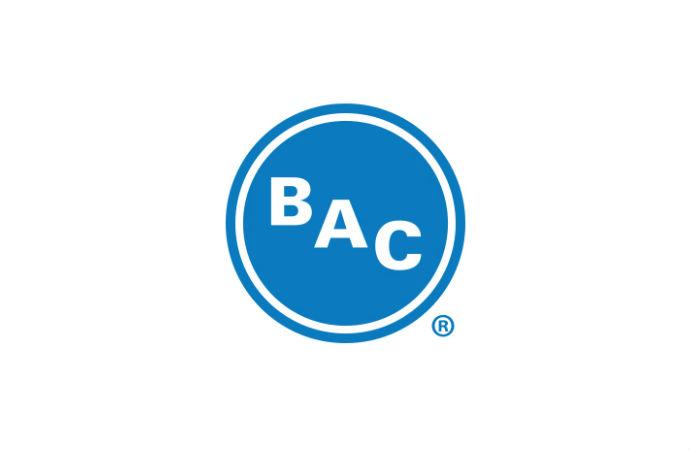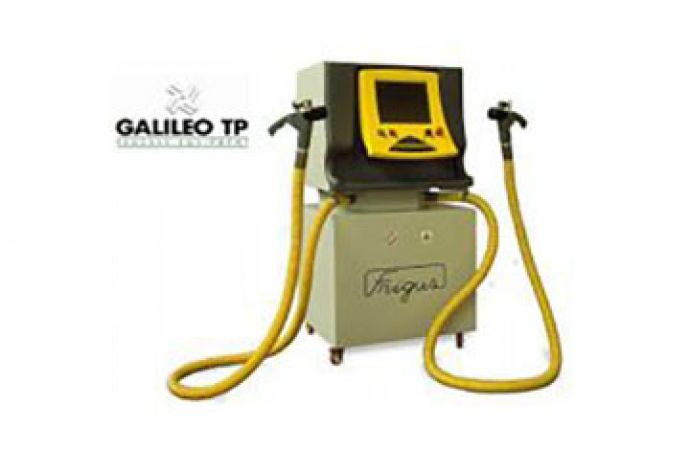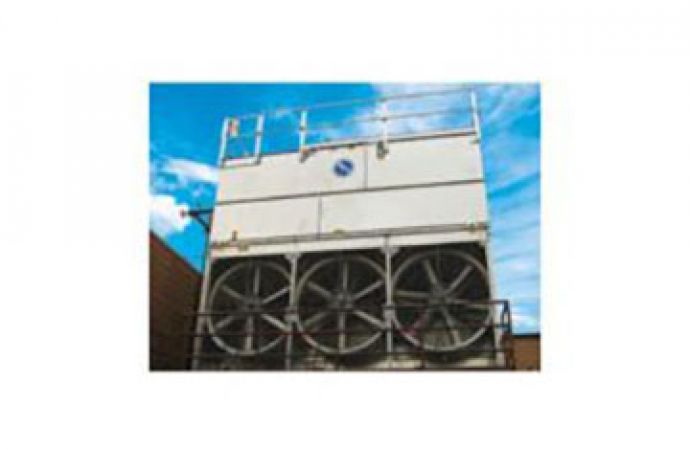The Refrigeration Service Engineers Society (RSES), the US HVACR Training Authority, recently released its "Hydrocarbon Refrigerants” training material and certificate, available through RSES eLearning as a training course and test, or a test-only option. hydrocarbons21.com interviewed Mr. Mark Lowry, Executive Vice President of RSES about the “Hydrocarbon Refrigerants” study guide and his views on hydrocarbon training in the US market.

hydrocarbons21.com: What motivated RSES to introduce the “Hydrocarbon Refrigerants” study guide?
Mark Lowry: The main objective for RSES to develop its certificate training program on hydrocarbon (HC) refrigerants was to provide the technicians and contractors who service EPA SNAP-approved systems with the relevant safety, technical and regulatory information pertaining to them. Based on requests from other parties in the industry – manufacturers, contractors, distributors and end users – we wanted to provide the workforce with appropriate training.
In addition, we wanted to be able to provide the industry with the ability to verify whether someone has earned the certificate that indicates they understand the basic concepts covered in the study guide. Our EPA Section 608 database – which contains almost 200,000 certified technicians’ names – gets referenced daily with inquiries from wholesalers and employers verifying certification information. Similarly, we wanted to be able to tell interested and authorised parties who has gone through the Hydrocarbon program.
hydrocarbons21.com: What are the main topics covered in the “Hydrocarbon Refrigerants” study guide, and how does it compare with other published training material on flammable refrigerants?
Lowry: Although there was existing information available, there wasn’t a definitive source of safety and technical information relevant to the comparatively strict “usage rules” imposed by the EPA as part of its approval under the SNAP program. RSES had published technical information in 2006 based on Tecumseh literature, but obviously the current regulatory details needed to be updated.
For example, although allowed in other countries, the United States strictly forbids the modification of existing non-HC systems to use HC refrigerants. Further, the recently updated ASHRAE safety matrix that classifies refrigerants by toxicity and flammability now includes the “A2L and B2L subclasses for “lower-flammability refrigerants; and the guide also has a pressure-temperature chart for all EPA-approved HC refrigerants – R-290, R-441A and R-600a.
hydrocarbons21.com: Since the EPA’s approval of hydrocarbon refrigerants, has there been a higher demand for hydrocarbon refrigerant training in the U.S.?
Lowry: Prior to the EPA’s approval, we had virtually no demand for training on flammable refrigerants at RSES. In fact, initial discussions regarding whether we should develop the training program were not unanimous that we should undertake it. However, now we are seeing steadily growing interest, largely from the providers (both internal staff and independent contracting firms) servicing equipment that is covered by the SNAP approval.
We are even going to license the certificate training program to other industry partners, for delivery throughout their training networks. We will still maintain a consolidated database of who has earned the certificate at RSES no matter who delivers the program, but we wanted to make the training materials as widely available as possible.
hydrocarbons21.com: Do you think the adoption of hydrocarbon refrigerants is increasing in the U.S.? In your opinion, which equipment and industry sectors have the largest growth potential?
Lowry: Since it was virtually nonexistent prior to early 2012 in the US, adoption is definitely on the rise. For those end-users of devices allowed under the SNAP rules, such as stand-alone reach-in cabinet-style refrigerators and refrigerators used in convenience stores, point-of-sale displays, etc., the growth potential is pretty large. I’m sure you’ve already reported on various ice cream and soft drink manufacturers, but our understanding is that there are potentially millions of cabinets in the field using older CFC and HCFC refrigerants that are prime candidates to be replaced with an HC cabinet. Similarly, domestic refrigerator/freezers and soft drink cabinets dispensing bottled/canned beverages are likely to be replaced.
While adoption grows in these initial sectors, we assume more and more applications will be made to the EPA for additional SNAP approvals. It will all depend on the charge sizes allowed, and the refrigeration capacities required for given applications. Potentially other physically small cabinets – such as ice machines or water coolers – could be additional allowed uses. In Europe single-circuit charge sizes up to 9 pounds (4kg) were being installed several years ago in supermarkets twenty years after original acceptance in domestic appliances. If the U.S. continues to follow the same path of approval/acceptance expansion, it is possible that we’ll be in a similar position.
hydrocarbons21.com: “Hydrocarbon Refrigerants” is also available through RSES eLearning as a training course and test. Could you tell us about the eLearning course and why it is a good option for hydrocarbon refrigerant training?
Lowry: We developed the eLearning course version in response to customer demand. Both manufacturers and end-user corporations have widely dispersed service teams, so bringing all the contractors and technicians together for in-person training can be costly. Although we have delivered some live instruction using these materials, most usage has been with the online course.
The online course includes the study guide as a PDF as well as a narrated overview of key points within the guide and the 25-question test. With a passing grade of 88% on the test, users earn the RSES certificate in Hydrocarbon Refrigerants. Users who have studied the hard copy study guide separately can opt to just take the test and earn the certificate.
At least at this introductory stage of technology adoption, RSES believes only seasoned refrigeration professionals should be servicing and maintaining equipment using HC refrigerants. Accordingly, the training program assumes the technician already has a solid understanding of the refrigeration cycle and good service practices. This program builds on that existing knowledge, highlighting key differences between HC refrigerants and the CFCs/HCFCs/HFCs that technicians are used to working with. Safety considerations are foremost throughout the program.
hydrocarbons21.com: Will you consider making the training material free in the future to allow more service technicians to receive the training?
Lowry: RSES’s sole mission is to provide education and training to the HVACR industry. We are funded through a combination of membership dues and revenues generated by sales of products we develop, as well as advertising and sponsorships.
Although we rely heavily on volunteer contributions, it still takes time, money and people to research the information, write it, review it in an objective, multiple-peer environment incorporating manufacturers, engineers, contractors, technicians, and various regulatory agencies, and then distribute it. Even in the lower-cost online environment, there are still costs associated with administration of the program.
At the same time, we’ve tried to keep the costs low for this program. The study guide costs $15 (€11.5), the test costs $30 (€23.1), and the combined online course only costs $85 (€65.5). Perhaps with significant sponsor funding of the program, we could make it available free of charge to individual technicians.
hydrocarbons21.com: Thank you!
About RSES
RSES is the leading education, training and certification preparation organisation for HVACR professionals. RSES publishes various comprehensive industry training and reference materials in addition to delivering educational programs designed to benefit HVACR professionals at every stage of their careers through instructor-led training courses, online training for HVAC, educational seminars, interactive CD and DVD products, industry-related reference manuals, and helpful technical content through Service Application Manual chapters, the RSES Journal, the RSES Journal archives and feature articles, as well as web-exclusive features.
MORE INFORMATION
Related stories

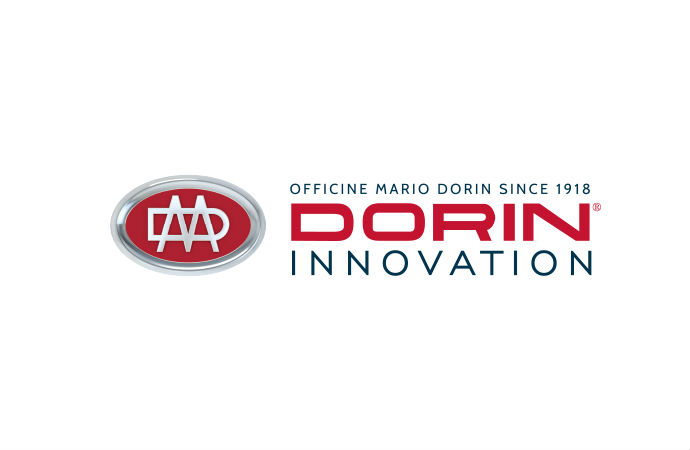

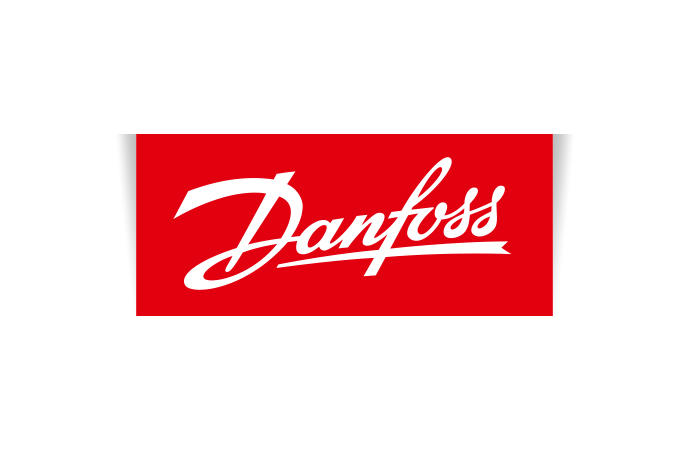
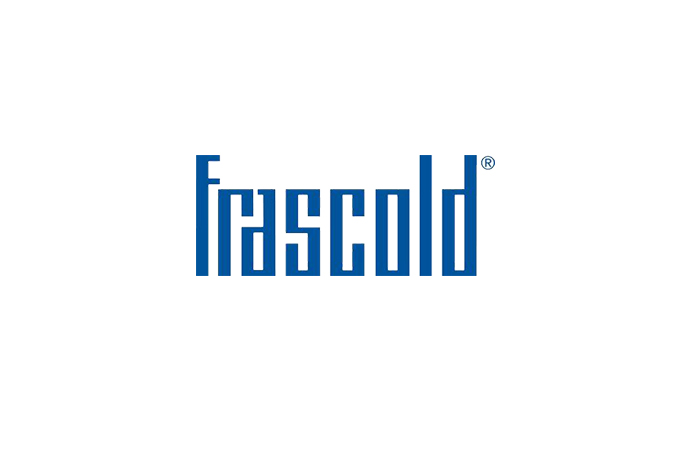
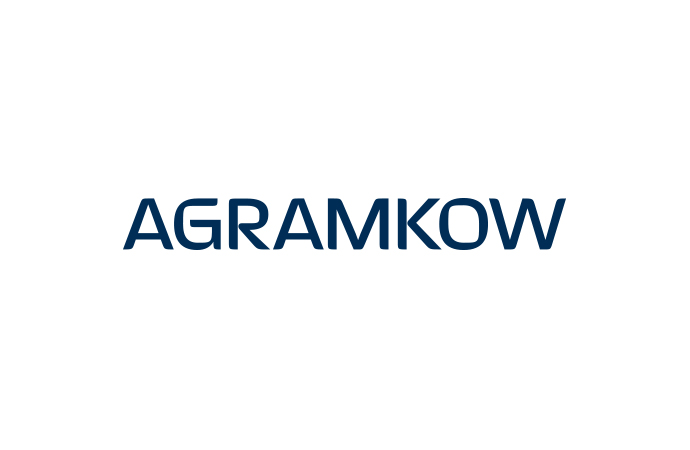
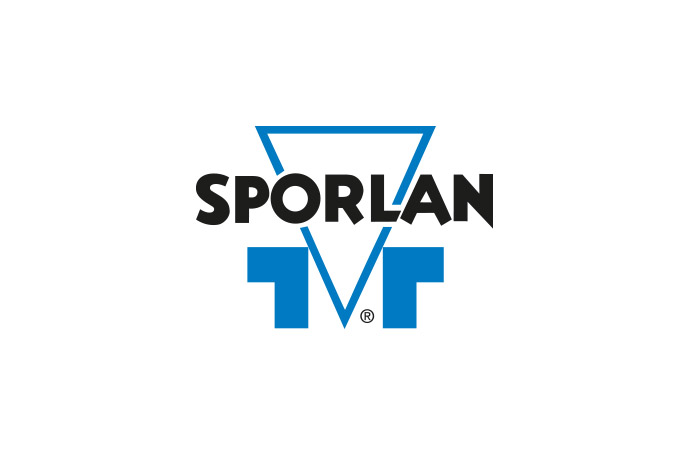
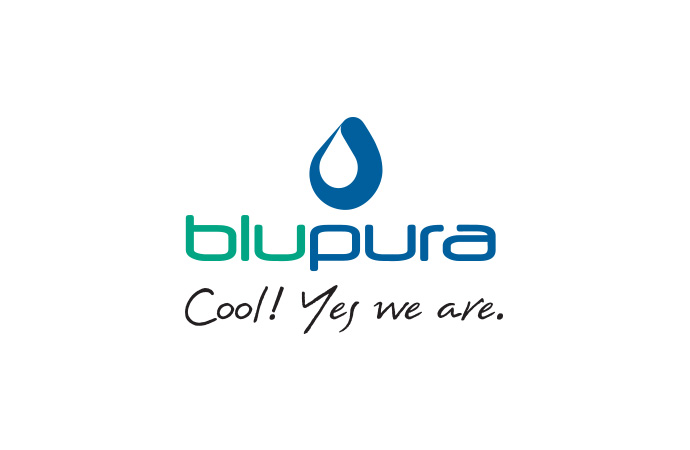
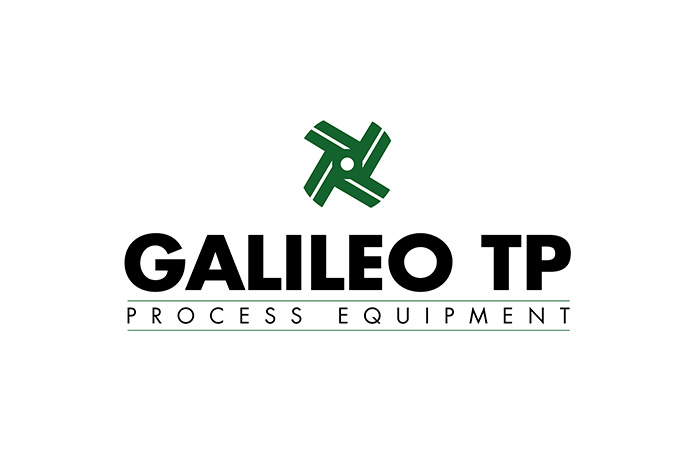
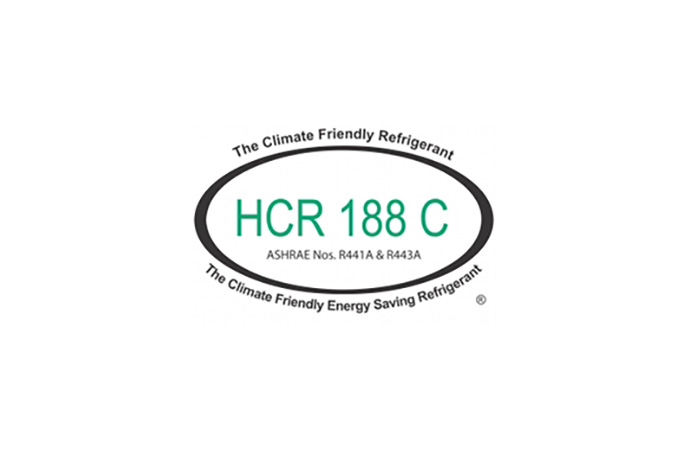
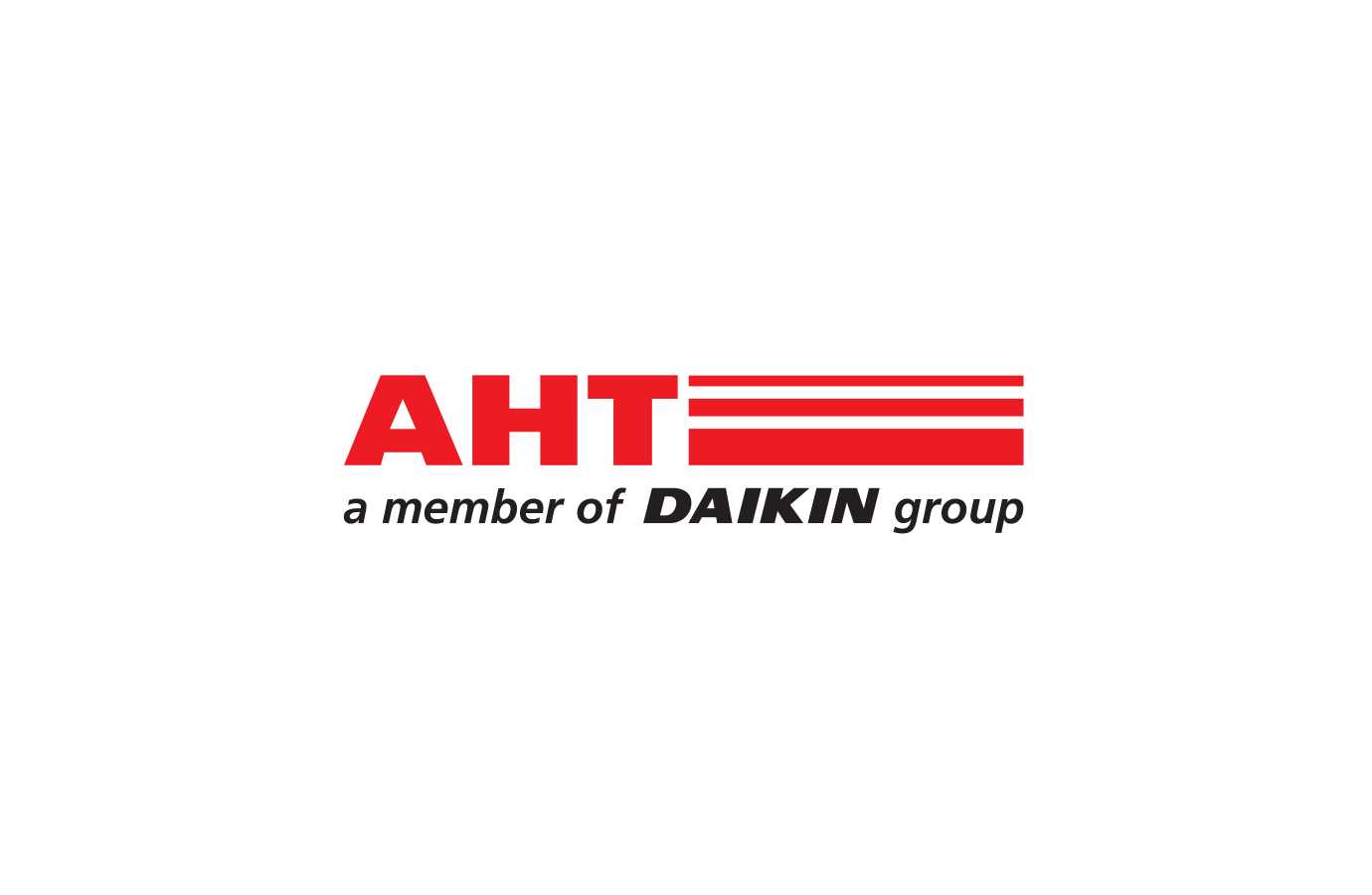

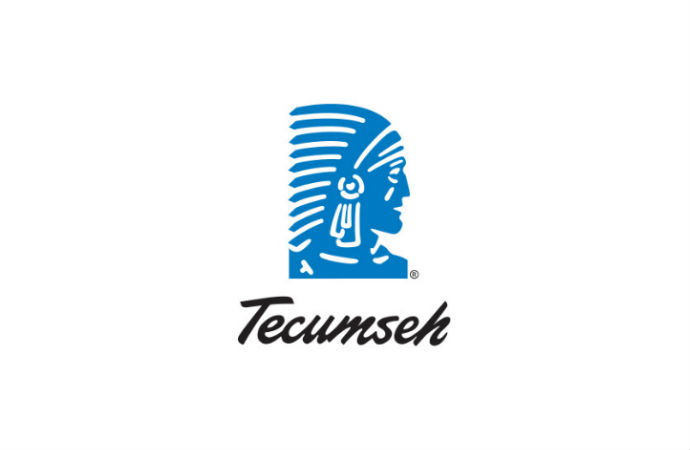
_1490973133.png)
